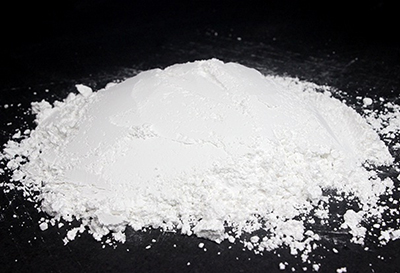Application
What does barium sulfate do to your body?
Barium sulfate is a white crystalline solid that is insoluble in water. It is commonly used in various industries, including medicine, where it is often employed as a contrast medium for X-ray imaging. In medical procedures such as barium sulfate contrast radiography, a patient may ingest or be injected with a barium sulfate suspension to enhance the visibility of certain anatomical structures during X-ray examinations.
Barium sulfate is generally considered to be relatively safe when used for medical purposes, as it is not absorbed by the digestive system and is eliminated from the body through normal bowel movements. However, like any substance, it can pose risks if not used properly or in excessive amounts.

Inhaling or ingesting large amounts of barium sulfate can lead to barium toxicity, which can cause symptoms such as:
Nausea and vomiting: Ingesting high amounts of barium sulfate can irritate the gastrointestinal tract and lead to nausea and vomiting.
Abdominal cramps: Barium sulfate may cause abdominal discomfort and cramps.
Diarrhea or constipation: In some cases, exposure to barium sulfate can lead to changes in bowel habits, causing either diarrhea or constipation.
Hypokalemia: Barium can interfere with potassium levels in the body, potentially leading to low potassium (hypokalemia), which can have various adverse effects on the heart and muscles.
It's crucial to note that the use of barium sulfate in medical imaging is generally well-regulated and administered under the supervision of healthcare professionals. If you have concerns about a medical procedure involving barium sulfate, it's important to discuss them with your healthcare provider. They can provide you with specific information about the procedure, potential risks, and any necessary precautions.




